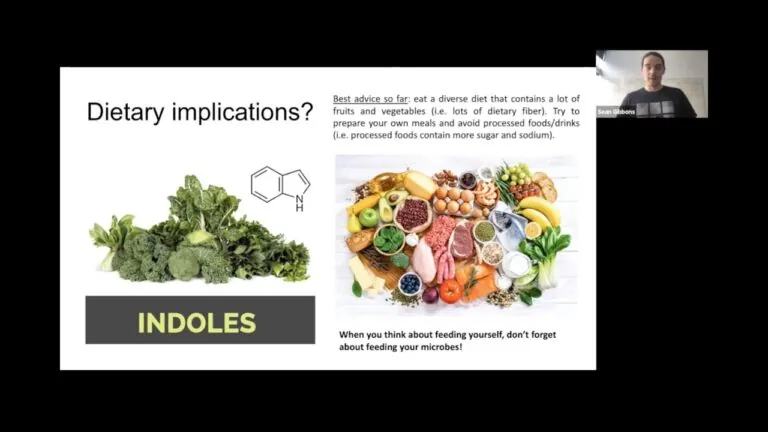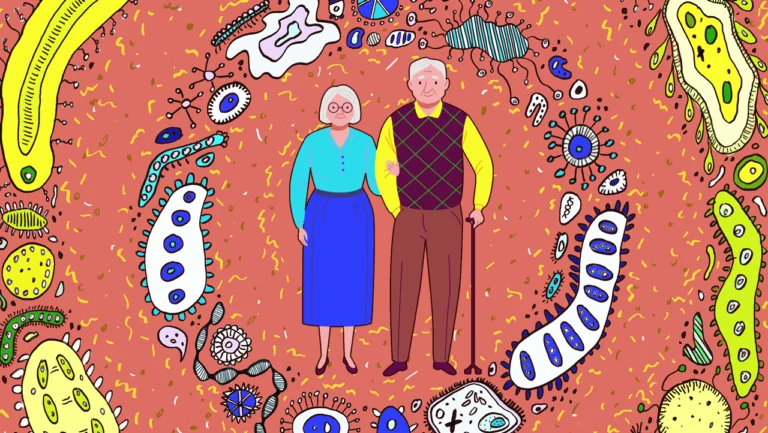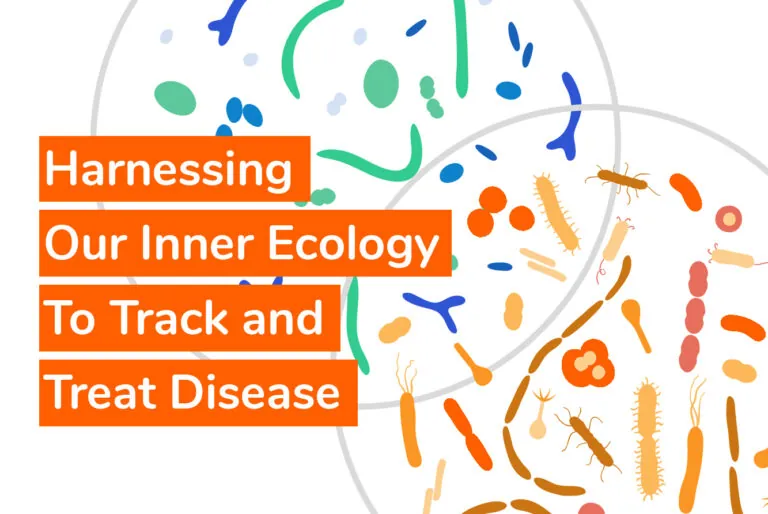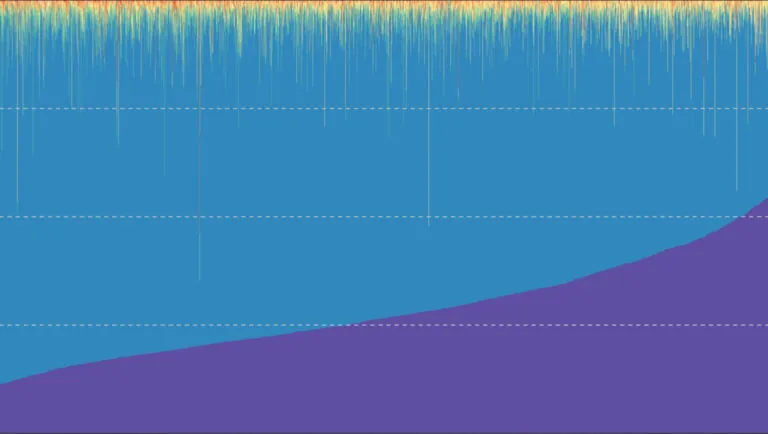
Personalized Nutrition and Your Gut Microbiome
In ISB’s first-ever Research Roundtable event, Assistant Professor Dr. Sean Gibbons delivered a presentation titled “Gut-Check: Personalized Nutrition and Your Microbiome.” His talk covered a lot of ground, including recently published research showing how the health of our microbiomes can predict longevity, and how we can build and maintain a healthy gut microbiome.




